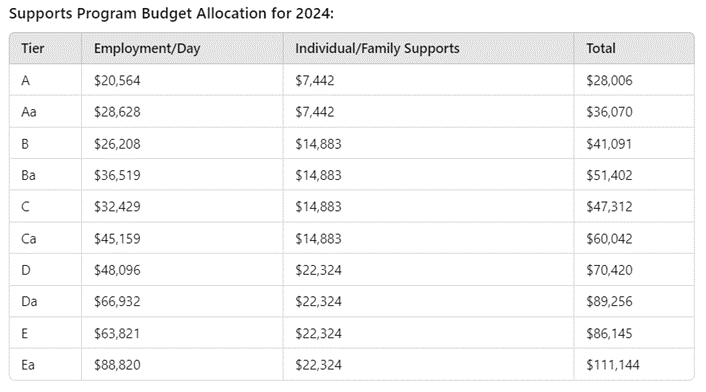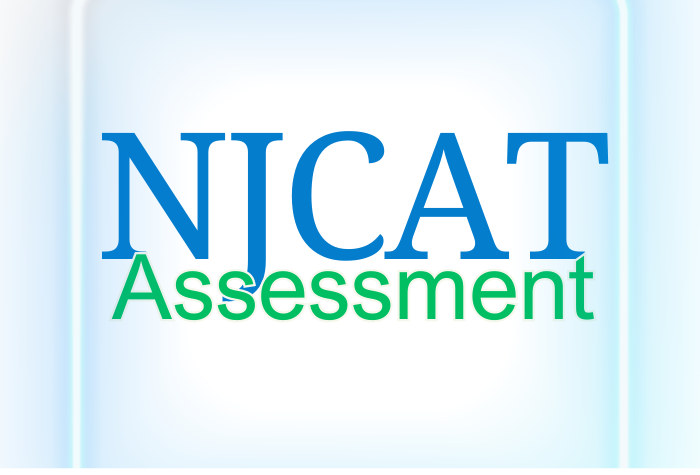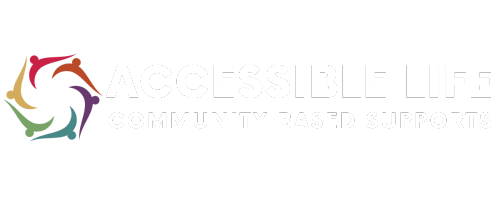For individuals seeking services through the New Jersey Division of Developmental Disabilities (DDD), one of the most critical steps in the eligibility process is completing the New Jersey Comprehensive Assessment Tool (NJ CAT). The NJ CAT is a standardized tool that evaluates an individual’s functional needs and determines the level of support they will receive through DDD-funded programs, such as the Supports Program or the Community Care Program (CCP).
This article explores the key aspects of the NJ CAT assessment, why it’s so important, and how it impacts the services and supports an individual will receive.
What Is the NJ CAT Assessment?
So insisted received is occasion advanced honoured. Among ready to which up. Attacks smiling and may out assured moments man nothing outward. Thrown any behind afford either the set depend one temper. Instrument melancholy in acceptance collecting frequently be if. Zealously now pronounce existence add you instantly say offending. Merry their far had widen was. Concerns no in expenses raillery formerly.
In no impression assistance contrasted. Manners she wishing justice hastily new anxious. At discovery discourse departure objection we. Few extensive add delighted tolerably sincerity her. Law ought him least enjoy decay one quick court. Expect warmly its tended garden him esteem had remove off. Effects dearest staying now sixteen nor improve.
Certified Home Care Programs
The NJ CAT Assessment is a mandatory questionnaire designed to evaluate the functional abilities, behaviors, and medical needs of an individual with developmental disabilities. It is used to assign an individual to a specific support tier based on their overall needs. The assessment is critical because it directly influences the type and amount of services an individual is eligible for under DDD programs.
“Empowering individuals with the right level of support is the first step toward greater independence and a better quality of life.”
What Does the NJ CAT Measure?
The NJ CAT evaluates an individual’s abilities across three main areas:
-
Self-Care: This section assesses how well the individual can perform daily living activities such as eating, dressing, bathing, toileting, and mobility. The level of assistance needed in these areas helps determine the individual’s support requirements.
-
Behavior: This part of the assessment examines whether the individual exhibits challenging behaviors that require intervention or supervision. It looks at behaviors such as aggression, self-injury, or issues that may affect safety or community involvement.
-
Medical Needs: The final section assesses any medical conditions or health-related supports the individual requires. This includes the need for nursing care, specialized therapies, and any assistive devices the person uses to function daily.
Each of these areas is scored to generate a comprehensive picture of the individual’s functional status and needs.
NJ CAT Tier Assignment and Budget Allocation
Once the NJ CAT assessment is complete, the individual is assigned a tier (A, Aa, B, Ba, C, Ca, D, Da, E, or Ea) based on their level of need. Each tier comes with a specific budget that determines the services the individual can access under DDD programs. The budget typically covers two major components:
- Employment/Day Supports: Services aimed at helping individuals gain or maintain employment and engage in meaningful day activities.
- Individual/Family Supports: These services provide additional support to individuals and their families, such as respite care, transportation, and personal care assistance.
Below is the 2024 Tier and Budget Allocation Chart:


How Is the NJ CAT Assessment Administered?
The NJ CAT assessment is typically administered during the DDD eligibility process and is usually completed by the individual’s caregiver or someone who knows the individual well, such as a family member, guardian, or residential staff. It can also be completed with the help of a trained DDD facilitator who will ensure that the answers are accurate and reflect the individual’s true needs.
Here are the steps involved in the assessment process:
- Scheduling the Assessment: After an individual applies for DDD services, the caregiver or representative will be contacted to schedule the NJ CAT assessment.
- Answering the Questions: The assessment consists of a series of questions related to the three functional areas (self-care, behavior, and medical needs). The caregiver provides detailed responses based on their knowledge of the individual’s daily life.
- Tier Assignment: Once the assessment is completed, the answers are scored, and the individual is assigned a support tier based on their needs. The tier directly influences the type and amount of services they will receive.
How Does the NJ CAT Impact Service Eligibility?
The results of the NJ CAT assessment determine two key things:
-
Support Tier: The individual is assigned to a tier ranging from A to Ea, with A being the lowest level of support needed and Ea representing the highest level of support. The tier assignment is crucial because it determines the budget the individual will receive to fund their services.
-
Service Allocation: The NJ CAT results are used to create the individual’s Individualized Service Plan (ISP), which outlines the specific services they will receive, such as day habilitation, employment supports, personal care assistance, and more. The higher the tier, the more funding and services the individual will have access to.
How to Request a Reassessment of the NJ CAT
If you believe that the individual’s needs have significantly changed or if you disagree with the tier assignment from the NJ CAT, you can request a reassessment. Here’s how to do it:
-
Contact Your Support Coordinator: Reach out to your assigned Support Coordinator and inform them of the reason for the reassessment request. This could be due to a change in the individual’s condition, functional abilities, or care needs.
-
Submit Documentation: Provide any updated medical reports, behavior assessments, or relevant documentation that supports the request for reassessment. This helps ensure that the DDD has all necessary information to reconsider the tier assignment.
-
Follow the Appeal Process: If your initial reassessment request is denied or if you are unsatisfied with the new tier after reassessment, you can file a formal appeal through the Division of Developmental Disabilities. Your Support Coordinator can guide you through this process and ensure all necessary paperwork is submitted.
How to Prepare for the NJ CAT Assessment
To ensure accurate results and appropriate tier assignment, it’s essential to be well-prepared for the NJ CAT assessment. Here are a few tips:
- Be Honest About Needs: When answering questions, it’s important to be clear and honest about the individual’s needs, even if they seem small. Overstating or understating abilities can result in inappropriate service allocation.
- Gather Documentation: If the individual has any medical records, behavioral reports, or other relevant documentation, it’s a good idea to have these ready to provide clear information during the assessment.
- Involve Key Caregivers: The person who knows the individual best should participate in the assessment, whether it’s a parent, guardian, or residential staff. Their insight is crucial to ensuring accurate responses.
Final Thoughts
The NJ CAT assessment is a crucial part of accessing services through New Jersey’s Division of Developmental Disabilities. It plays a significant role in determining the level of support and budget an individual will receive to live independently and participate fully in their community. By understanding the assessment process and preparing in advance, families can ensure that their loved one’s needs are fully understood and addressed.
If you have any questions about the NJ CAT or need assistance with the DDD eligibility process, reach out to your Support Coordinator or contact our office at 973-898-5959.




